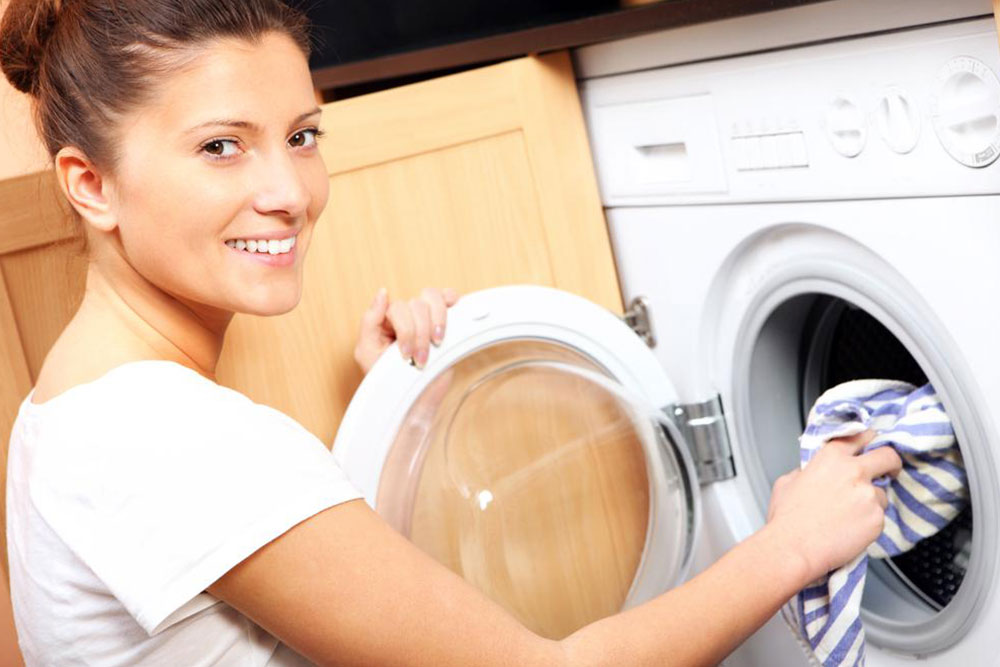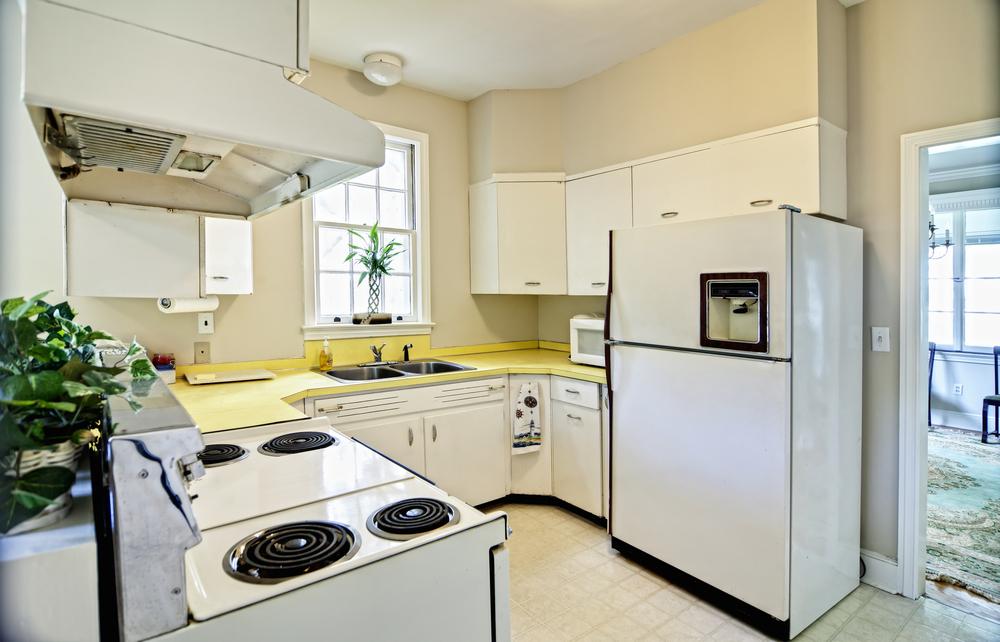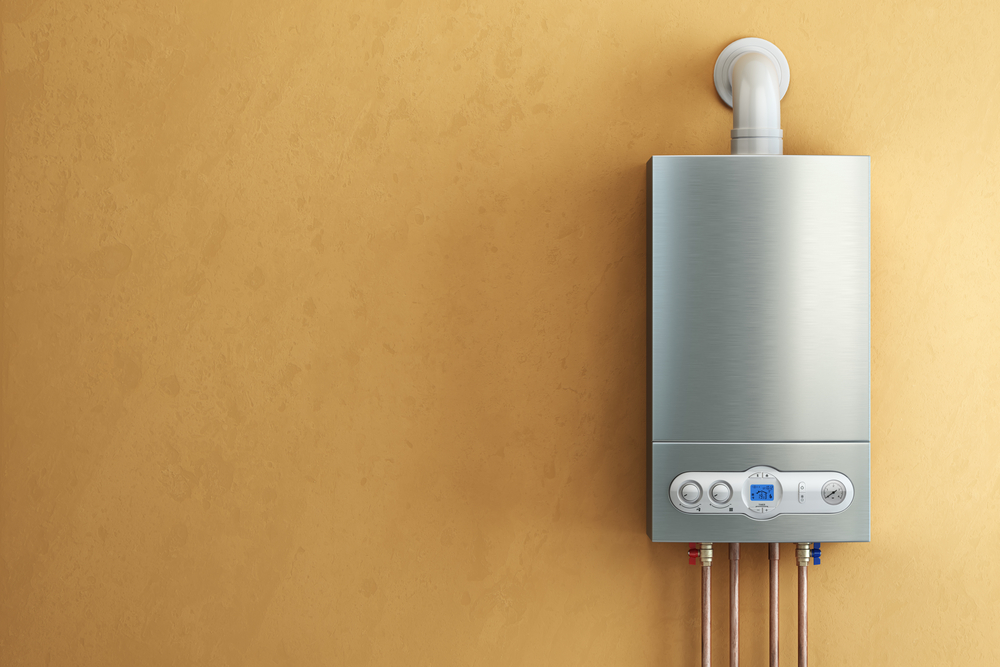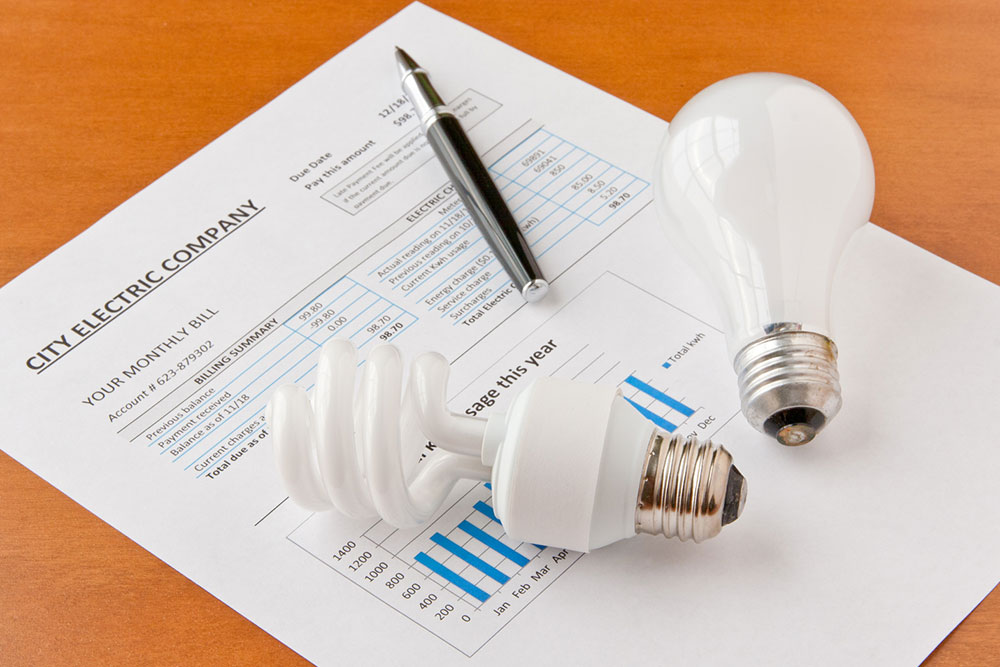Effective Budget Strategies for Selecting an Affordable Hot Water Heater
Discover practical, budget-friendly strategies for selecting an affordable hot water heater tailored to your household needs. Learn how to assess your requirements, choose the right type, buy smartly during sales, and consider used options to maximize savings. This comprehensive guide helps you find reliable, energy-efficient water heaters without overspending, ensuring comfort and cost-effectiveness for years to come.
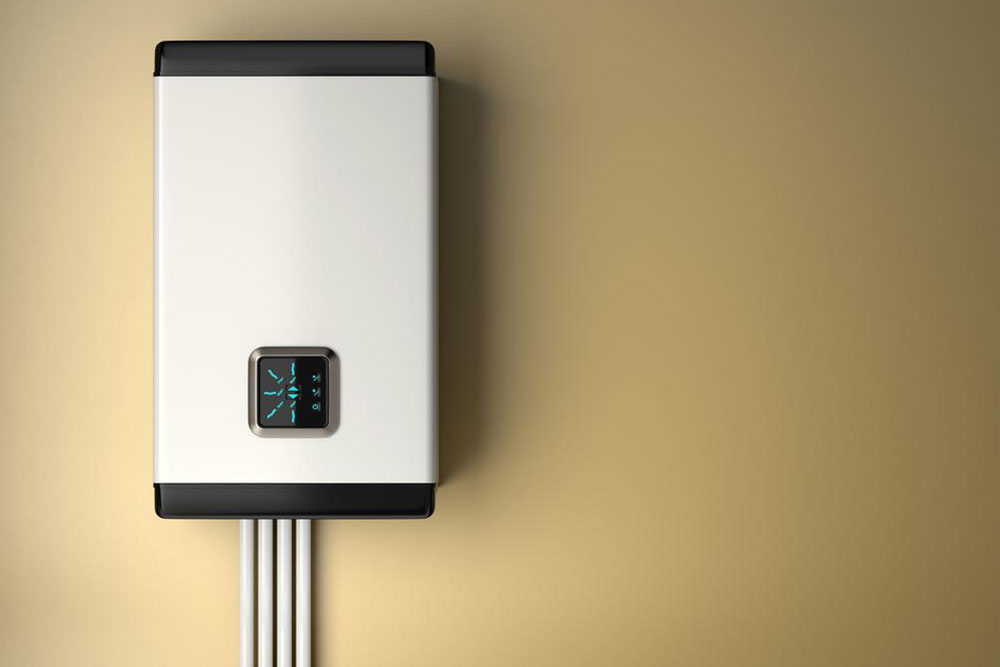
Effective Budget Strategies for Selecting an Affordable Hot Water Heater
Owning a reliable hot water heater is essential for comfort and convenience in any household. However, like all appliances, water heaters have a limited lifespan. Typically, most units last between 8 to 15 years, depending on usage, maintenance, and water quality. Once your hot water heater nears the end of its service life, especially if it has been in operation for over 15 years, it's prudent to consider planning for a replacement rather than waiting for an unexpected breakdown. Proactive replacement not only prevents inconvenient outages but also avoids costly emergency repairs. Proper planning and research can help you find a dependable and affordable hot water heater that fits your household’s needs without breaking the bank.
In this article, we will explore comprehensive, budget-friendly strategies to help you select a suitable hot water heater, whether you are replacing an old unit or purchasing for a new home. From assessing your unique household requirements to exploring different purchase options, these tips are designed to guide you through a cost-effective and efficient buying process, ensuring practicality and long-term savings.
Start with a Needs Assessment
Before diving into the world of hot water heaters, assess your household’s specific needs. If your existing unit has been in use for over ten years, changes in household size or usage patterns may necessitate a different type or size of water heater. For instance, larger families or homes with elderly members might require units with higher capacity or faster recovery rates. Similarly, if you've had any recent renovations or additions, these could influence your hot water demands.
Take time to consider your household's daily hot water consumption, peak usage times, and water quality. For example, homes with hard water may benefit from models with anti-scaling technology. If your water heater has been functioning efficiently and shows no signs of imminent failure, it may still be worth exploring upgrade options that could offer better efficiency or features at a comparable price.
Evaluate Different Types of Hot Water Heaters
Understanding the various types available is essential for making an informed, budget-conscious purchase. The most common types include storage tank models, tankless water heaters, solar-powered units, hybrid systems, and condensing water heaters. Each type has strengths and considerations that influence their suitability and cost-effectiveness.
Storage Tank Water Heaters: These are traditional units that store a set amount of hot water. They are generally less expensive upfront and available in various sizes. However, they tend to consume more energy over time due to standby heat loss.
Tankless (On-Demand) Water Heaters: These units heat water only when needed, providing endless hot water and saving energy. The initial investment may be higher, but long-term savings on energy bills can offset this. Installation costs should be factored in, especially if retrofitting is necessary.
Solar Water Heaters: Using renewable energy, these systems are environmentally friendly and can substantially reduce utility bills. However, they tend to have higher upfront costs and depend on sunlight availability, making them more suitable in sunny climates.
Hybrid and Condensing Units: These advanced models combine elements for efficiency and environmental sustainability. While they might cost more initially, they offer excellent energy savings over time.
When researching options, prioritize your household’s actual needs and consider the total cost of ownership, including installation, maintenance, and energy savings.
Buy Directly from Manufacturers or Trusted Retailers
Many manufacturers offer discounts on their products, especially on units with minor cosmetic imperfections like scratches or dents. These discounted units, sometimes called factory seconds or unsold inventory, can provide significant cost savings while still delivering reliable performance. Familiarizing yourself with different models and brands helps you identify which units are worth considering.
Comparing prices across authorized dealers, online retailers, and manufacturer websites can uncover opportunities for discounts. Buying directly from manufacturers or authorized distributors may also offer better warranty coverage and support, ensuring your purchase is protected over the long term.
Ignore Excessive Premium Features Unless Necessary
Hot water heaters often come equipped with high-tech features—such as internet connectivity, smart controls, air filters, and electronic panels—that appeal to tech-savvy consumers. However, unless these features directly impact the unit’s performance or durability, they can unnecessarily inflate the price.
Focus on essential features like warranty length, anti-scaling technology (crucial if you have mineral-rich water), and straightforward digital displays for easy monitoring. Removing unnecessary add-ons helps keep costs down while ensuring you get a reliable, efficient unit that meets your household’s core needs.
Consider Buying Used or Refurbished Units
One of the most effective ways to save money is to explore secondhand or refurbished hot water heaters. Many local appliance stores, classified ads, garage sales, or online marketplaces offer reliable used units at a fraction of the cost of new models. Before purchasing a used unit, verify its age, condition, and the remaining lifespan to ensure it’s a worthwhile investment.
Remember to include costs for delivery, installation, and potential repairs in your budget. Sometimes, used or refurbished units require minor maintenance or repairs, which should be factored into your overall savings analysis.
Shop During Off-Season or Promotional Periods
Timing your purchase can lead to additional savings. Manufacturers and retailers often hold sales during off-peak periods, such as late summer or winter, especially during holiday promotions or when new models are launched. These sales can significantly reduce the upfront purchase price of your hot water heater.
Additionally, opting for slightly older models that lack the latest features can be a smart way to save. Unless your household specifically needs advanced safety or efficiency features, an older, well-maintained model can serve your needs just as well at a lower cost.
Maximize Value from Your Existing Unit
If your current water heater is still functional but approaching the end of its lifespan, consider selling it for scrap or parts. Alternatively, trading it in at appliance stores or online marketplaces can generate extra cash, which can then be applied toward your new purchase.
Properly advertising your old unit and highlighting its condition can help you secure a better price. This approach not only offsets the cost of a new water heater but also promotes recycling and reduces waste.
In conclusion, choosing an affordable yet reliable hot water heater requires careful planning, research, and consideration of your household’s specific needs. By assessing your requirements, selecting the right type, shopping smartly during sales, and considering used units, you can secure a cost-effective solution that provides comfort and efficiency for years to come.

